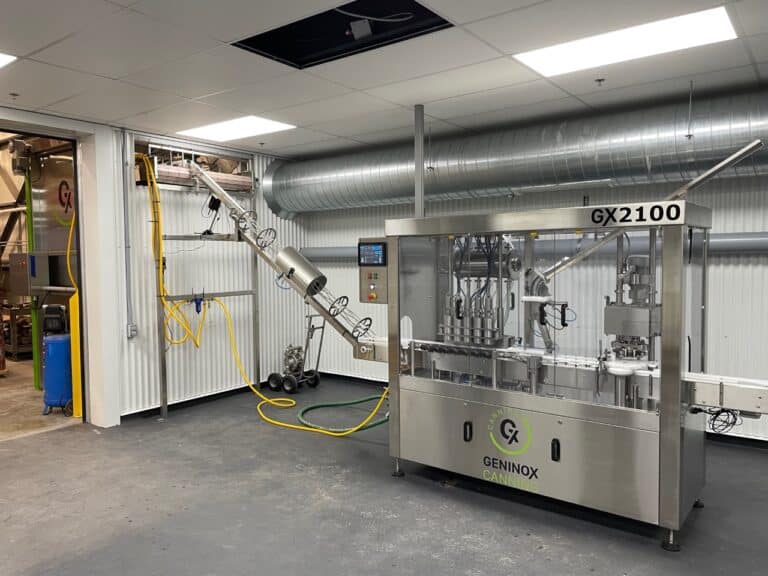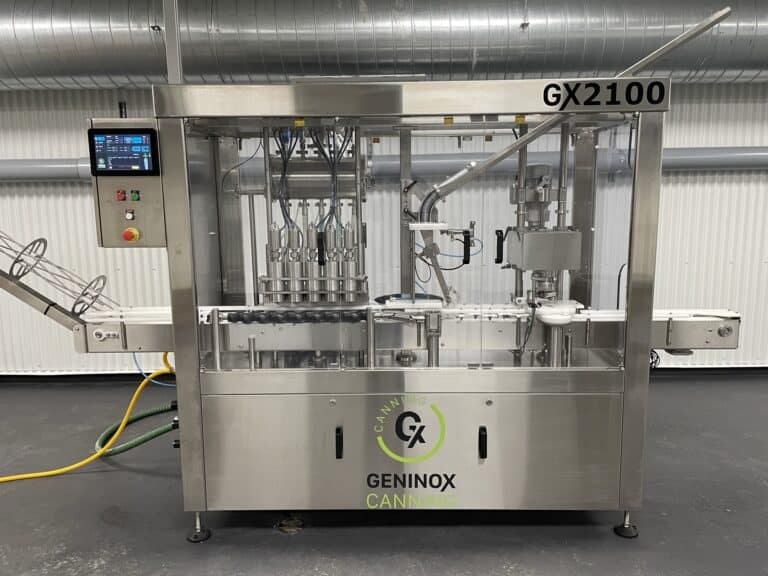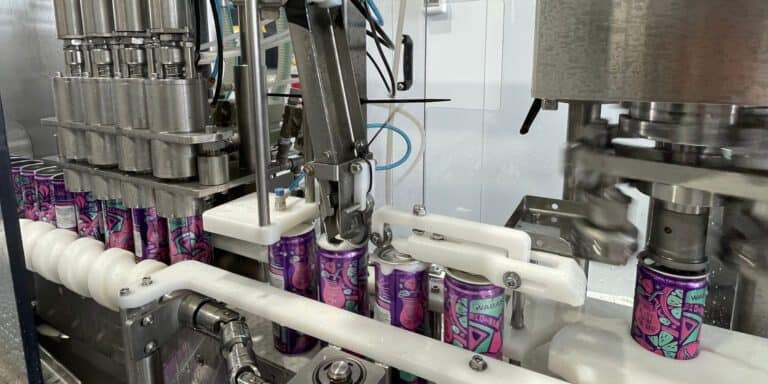Pros and Cons of Using Aluminum Cans Versus Steel Cans for Liquid Canning
In today’s environmentally conscious society, finding sustainable packaging solutions is more important than ever. As we strive to reduce waste and minimize our carbon footprint, it’s crucial to evaluate the pros and cons of different materials used in canning. Aluminum and steel are two popular choices, each with their own set of advantages and drawbacks. In this article, we explain the key benefits and limitations of using aluminum cans versus steel cans for liquid canning. By understanding these factors, you can make an informed decision about which option aligns best with your priorities and values.
Are steel cans better than aluminum?
Steel cans and aluminum cans both have their advantages, making it challenging to definitively declare one as the better metal container. Ultimately, the choice between steel and aluminum cans depends on the specific product, market demands, and environmental factors.
Aluminum cans are lightweight, easily recyclable, and offer superior resistance to corrosion, which is essential for acidic or highly carbonated beverages. Additionally, aluminum beverage cans cool faster, making them ideal for drinks consumed on the go. On the other hand, steel cans are known for their durability and strength, making them suitable for products that require extra protection, such as highly pressurized beverages.
What does it cost to get my liquid professionally canned?
What are the advantages of aluminum cans?
Their weight, recyclability, and product protection make aluminum cans an accessible packaging option for liquid canning. Their light weight makes transportation easier while their recyclability contributes to sustainability efforts. Moreover, they provide excellent protection against external elements that affect quality.
Opting for aluminum packaging can be a smart choice for both businesses and consumers alike, as it offers a reliable and eco-friendly solution for packaging beverages. The main benefits of aluminum cans include:
- Light weight: Aluminum cans are significantly lighter than steel cans, making them easier to transport and handle. This not only reduces shipping costs but also makes it more convenient for consumers to carry and dispose of the cans after use.
- Easy to recycle: Another advantage of aluminum cans is their recyclability. Aluminum is one of the most recycled materials worldwide, with a high recycling rate compared to other packaging materials. Recycled aluminum saves energy and resources, as less energy is required to produce new cans from recycled ones compared to using raw metal packaging materials.
- Reliable packaging: Aluminum offers better protection for the product inside the container. It acts as a barrier against light, oxygen, and moisture, preventing contamination or spoilage of the liquid contents. This helps in preserving the quality and freshness of beverages for a longer period, ensuring customer satisfaction.
What are the disadvantages of aluminum cans?
While aluminum cans offer numerous advantages, there are certain drawbacks to consider as well:
- Limited durability: Aluminum cans are not as strong or durable as steel cans. Since it is a relatively soft metal, aluminum can be easily dented or damaged during transportation and handling. This can result in leaks and spills, leading to potential product waste.
- Plastic linings in canned products: To prevent reactions between beverages and metal cans, most aluminum cans are lined with plastic coatings or linings made from epoxy resins.
What are the advantages of steel cans?
Steel cans offer strong and more durable packaging. They’re known in the beverage industry for their robustness and ability to withstand various environmental conditions. The use of steel cans in packaging technology ensures that products are protected from external factors that could potentially compromise their integrity.
The benefits of steel cans include:
- Superior strength: Steel cans provide a higher level of protection against impact, which is especially important if your supply chain requires multiple modes of transportation. These cans are less likely to dent or deform, ensuring that products remain intact throughout the entire distribution process. Steel cans can also resist punctures or leaks effectively, leading to improved product shelf life.
- Cost-savings: Despite being considered a premium packaging material, steel cans can be an affordable choice for businesses looking for high-quality packaging options. Due to advancements in manufacturing techniques and economies of scale, the production costs of steel cans have decreased over time.
- Easy to ship: Steel is denser than aluminum, meaning that it requires less space for transportation purposes. This compactness allows businesses to optimize their shipping logistics by fitting more units per shipment volume.
How To Get My Liquid Professionally Canned
What are the disadvantages of steel cans?
If you’re considering steel cans as a beverage packaging option, it’s important to be aware of their drawbacks:
- Additional production costs: One disadvantage is the extra cost associated with steel cans compared to aluminum cans. Steel cans tend to be more expensive due to the higher cost of raw materials and the additional manufacturing processes required.
- Susceptibility to corrosion: Unlike aluminum cans, which naturally form a protective oxide layer when exposed to air, steel cans require a coating to prevent corrosion. This coating adds an extra step to the manufacturing process and can increase costs. Additionally, if coated steel is compromised in any way during transportation or handling, it can lead to rusting and contamination of the liquid contents.
- Dilution: Steel has a lower resistance to acidic substances compared to aluminum. This means that certain liquids may react with the metal over time, resulting in a change in taste or quality of the product inside the can. To mitigate this risk, double seam examination is necessary during production and strict quality control measures must be implemented.
Purchase Liquid Bottling Equipment
At Geninox Canning, we specialize in providing small business owners and entrepreneurs with the packaging technology to produce affordable and high-quality packaging cans. Thanks to our state-of-the-art packaging machinery, you’ll be able to safely and reliably package thousands of cans for food and liquid products while reducing waste and overhead costs.






